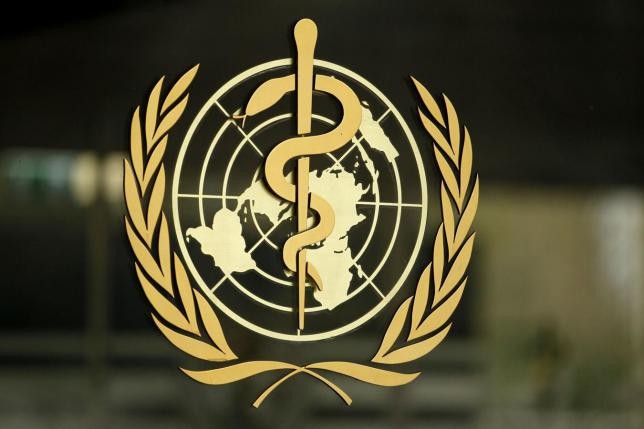Artemisinin, the anti-malarial drug that won Dr. Tu Youyou this year's Nobel Prize for Physiology or Medicine, has not resulted in sizable profits for Chinese pharmaceutical companies, as most Chinese firms are barred from sending their processed drugs abroad.
Guilin Pharma Limited, a company affiliated with the Shanghai-listed Fosun Pharma, is the only Chinese pharmaceutical company that is on the Prequalified Medicines list (PQ) of the World Health Organization (WHO), a list of recommended providers for several medications, including the anti-malarial drug extracted from the Chinese herb.
All other producers of traditional Chinese medicine (TCM) are not allowed to trade their products on the international market due to the lack of certification by several international organizations, including WHO's PQ, the European Union's European Medicines Agency (EMA) and the United States' Food and Drug Administration (FDA).
According to a statement by Chen Qiyu, chairperson of Fosun Pharma, China has around 80 percent of the world's equipment for extracting artemisinin. The problem is that TCM producers can only sell foreign companies raw materials for small profits because their finished drugs that contain artemisinin are not allowed to enter the international market.
Guilin Pharma Limited has already sold 23.8 million doses of the drug internationally in the past three years alone, allowing the drug to benefit 3.4 million people, 90 percent of which are in Africa.
Fang Shuting, president of the China Association of TCM, said that, while Tu's Nobel Prize helps promote TCM to the world, there needs to be more efforts to improve the management of pharmaceutical firms and the quality of medicinal herbs in China, according to a report by the Global Times.
Fang said that, with 4,000 of the 1,600 pharmaceutical companies in China being TCM firms, most are low-tech and poorly managed.
Meanwhile, Chen said that Chinese pharmaceutical companies need to learn to play by the internationally set rules to improve the value of the product.



























